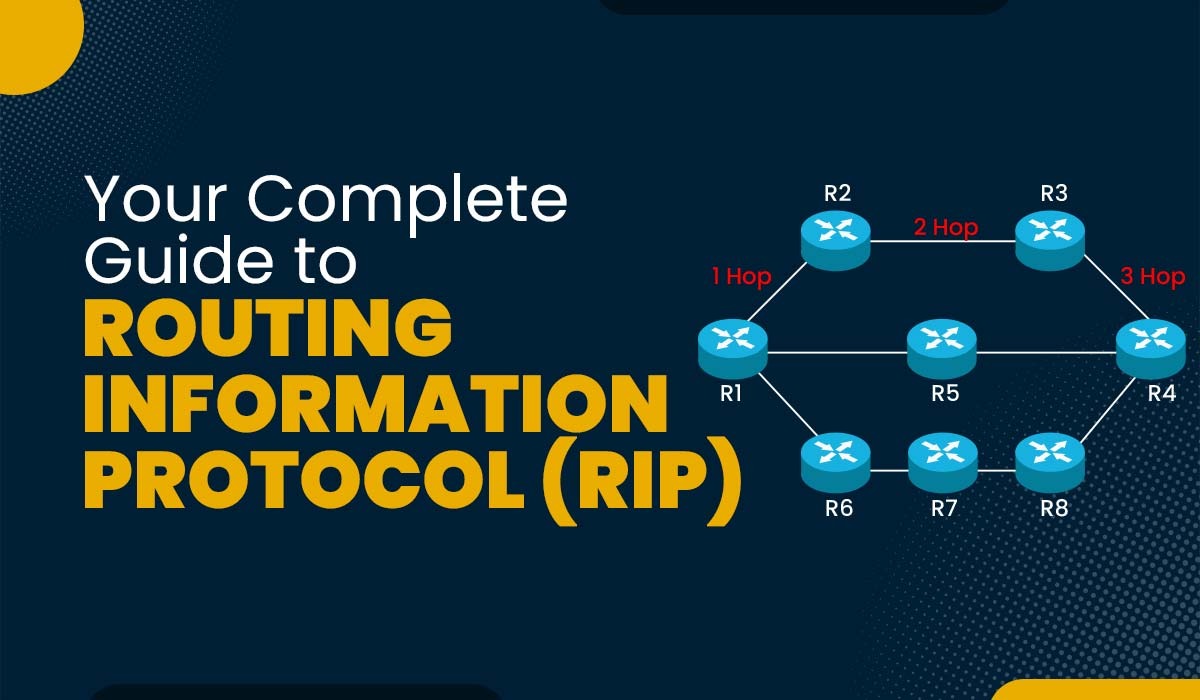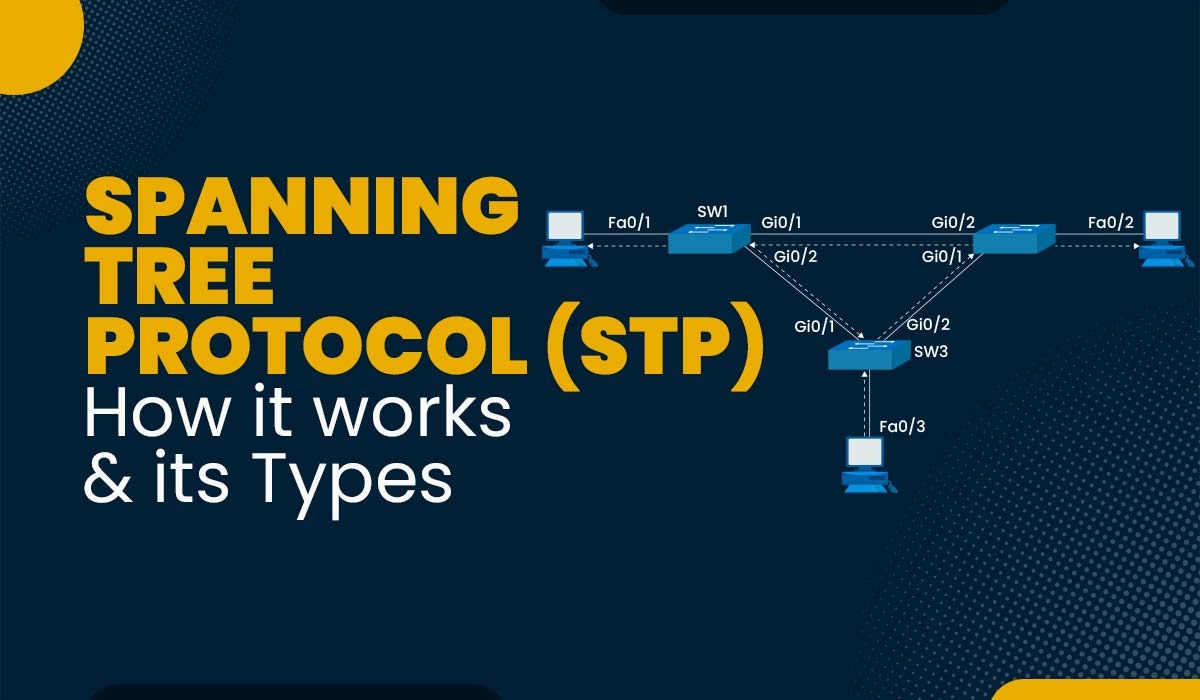-
The Exciting Future Scope of CCNA in 2025

Introduction With the rise of cloud computing, big data, and the Internet of Things, the networking field has seen unprecedented growth in recent years. As a result of this growth, the demand for skilled networking professionals has also increased. If you are looking for a career in networking, you may have come across CCNA and…
-
A Guide to Cisco Certification Updates

Introduction Recently, Cisco unveiled a new certification roadmap that would be reviewed on a rotating schedule. Cisco has instituted a new exam review system in which they will analyse and update Official Cert Guides and other certification titles yearly. So, in this blog we will take a look at all the Cisco Certification Updates. Cisco…
-
Is CCNP Harder than CCNA?

Introduction Cisco’s CCNA and CCNP certifications are two of the most widely recognized and respected certifications in the field of network engineering. Both certifications are designed to test the knowledge and skills of network professionals, but they are not created equal. One of the most common questions asked by those considering Cisco certification is whether…
-
What Does a Network Engineer Do? – A Detailed Guide

Introduction If a business or organization wants its employees to be able to freely exchange information and resources, as well as maintain open lines of communication, they need a sophisticated network architecture. A network engineer is required to handle the network architecture. By reading this article, you will know the answer to the question, “what…
-
What is Quality of Service (QoS) in Networking?

Enterprise networks must offer dependable and quantifiable services to enable the transmission of delay-sensitive data, voice, and video. So, QoS is employed by enterprises to fulfil the traffic demands of sensitive applications, such as real-time voice and video, and to stop the quality from degrading as a result of packet loss, delay, and jitter.
-
What are Network Protocols and its Types?

Network Protocols are the set of rules for communication between network devices, including the ways devices can identify and make connections with each other.
-
RIP Protocol || Routing Information Protocol in Networking

In 1981, the Routing Information Protocol (RIP) was first developed as GWINFO in the Xerox Network Systems (XNS) protocol suite for the Xerox PARC Universal Protocol. RIP, which was first described in RFC 1058 in 1988, has a reputation for being simple to set up and use on small networks.
-
What is Spanning Tree Protocol (STP) and How it works?

In this article, you will study the basics of spanning tree protocol, including how it works and its various types and states. So, let’s get started and understand what is Spanning Tree Protocol or STP.
-
What is DHCP DORA Process and How It Works?

DHCP stands for Dynamic Host Configuration Protocol. It is an extremely useful protocol as, without it, it becomes necessary to manually assign IP addresses for new computers and computers that are transferred from one subnet to another. So, let’s learn what is DHCP and what are DHCP Relay agents, and what DHCP DORA Process is.
-
Top 11 OSPF LSA Types (Best Explained)

In this blog, we will understand the OSPF LSA types and how OSPF uses (LSAs) are exchanged, including how the information is exchanged in the network topology between routers.


